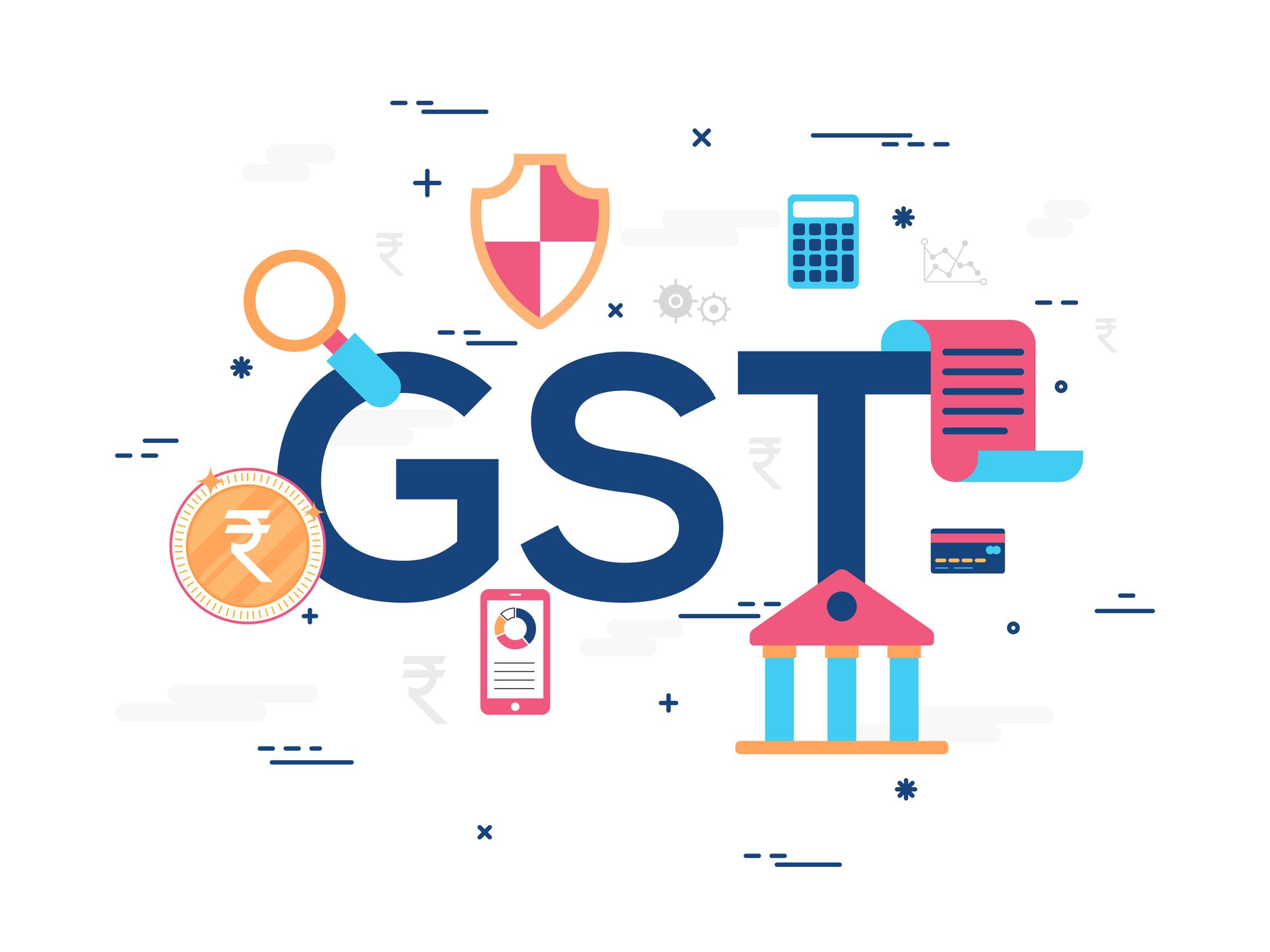From Beginning to End Up: The Ultimate Roadmap to GST Registration for Services Seeking Financial Stability
Browsing the intricacies of Product and Provider Tax (GST) registration is a crucial action for businesses aiming for economic security. From recognizing the basic principles of GST to abiding by post-registration guidelines, the procedure can appear daunting at first glimpse. Damaging down the roadmap right into workable steps can improve the enrollment journey for organizations looking to enhance their financial standing. Let's explore the necessary components that make up this ultimate roadmap and discover just how each stage contributes to laying a solid structure for monetary success.
Recognizing GST Fundamentals
Delving into the fundamental principles of Goods and Solutions Tax (GST) is vital for getting a detailed understanding of its ramifications on companies and the economy. GST is a value-added tax obligation imposed on most products and solutions for domestic consumption. It has changed several indirect taxes that existed in the pre-GST era, improving the tax structure and boosting convenience of doing organization in India. Under the GST system, both solutions and items are tired at a certain rate, which is determined based upon their category. Services are needed to sign up for GST if their annual turnover exceeds the threshold limitation set by the federal government. Input Tax Obligation Credit (ITC) is a substantial function of GST, permitting companies to claim credit scores for tax obligations paid on inputs, decreasing the total tax burden. Comprehending the basics of GST is important for businesses to abide by tax laws, manage their financial resources efficiently, and add to the nation's economic growth by getting involved in a transparent tax system.
Qualification Standards for Enrollment
To sign up for GST, services need to meet particular eligibility criteria established by the federal government. The key eligibility requirement is that any kind of business included in the supply of goods or solutions with an annual aggregate turnover over the threshold restriction established by the authorities must sign up for GST. Since the present regulations, the threshold restriction for GST enrollment is an annual accumulation turn over of 40 lakhs for companies operating within a state, besides special classification states where the restriction is 20 lakhs. Furthermore, certain businesses are needed to register for GST irrespective of their turn over, such as interstate distributors, laid-back taxed individuals, and companies liable to pay tax obligation under the reverse fee system. It is vital for companies to extensively examine their turn over and transaction kinds to determine their GST enrollment commitments accurately. Failing to register for GST when eligible can lead to penalties and lawful repercussions, making it vital for businesses to abide by the specified qualification criteria.
Records Needed for Registration
Having actually satisfied the eligibility criteria for GST registration, organizations should now guarantee they have the requisite files in place to continue with the enrollment process efficiently. The records needed for GST enrollment generally include proof of company constitution, such as collaboration action, registration certification, or consolidation certificate for different kinds of organizations. Additionally, companies require to give records developing the primary location of business, such as a rental arrangement or electrical power expense.
Step-by-Step Enrollment Refine
Beginning the GST enrollment procedure entails a series of structured steps to make sure a smooth and compliant registration for organizations. The first step is to go to the GST website and complete the registration type with accurate information of the business entity. Following this, the applicant gets a Temporary Recommendation Number (TRN) which is used to return to the investigate this site application process if it's not finished in one go.
Following, all needed documents based on the checklist offered by the GST portal need to be posted. These papers typically consist of evidence of business identity, registration and address proofs of promoters, financial statements, and service entity's PAN card.

Post-Registration Conformity Guidelines

Conclusion
In final thought, organizations seeking monetary stability has to comprehend the essentials of GST, meet qualification standards, collect necessary papers, comply with the detailed registration procedure, and follow post-registration guidelines - Best GST registration services in Singapore. By adhering to these actions, organizations can ensure compliance with tax obligation regulations and keep financial security in the lengthy run
In addition, particular organizations are called for to sign up for GST regardless of their turnover, such as interstate providers, laid-back taxed persons, and businesses accountable to pay tax under the reverse cost mechanism.Having actually met the eligibility standards for GST registration, services need to now guarantee they have the requisite records in location to proceed with the registration process successfully. The records required for GST enrollment usually consist of proof of business constitution, such as partnership act, enrollment certificate, or incorporation certification for different types of services. In addition, businesses require to provide papers look here establishing the principal location of business, such as a rental arrangement or electricity expense.Starting the GST registration procedure involves a collection of organized steps to make certain a compliant and smooth registration for services.